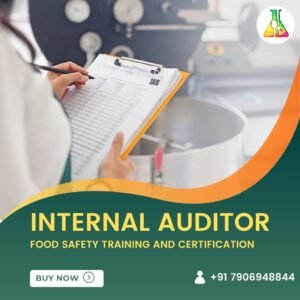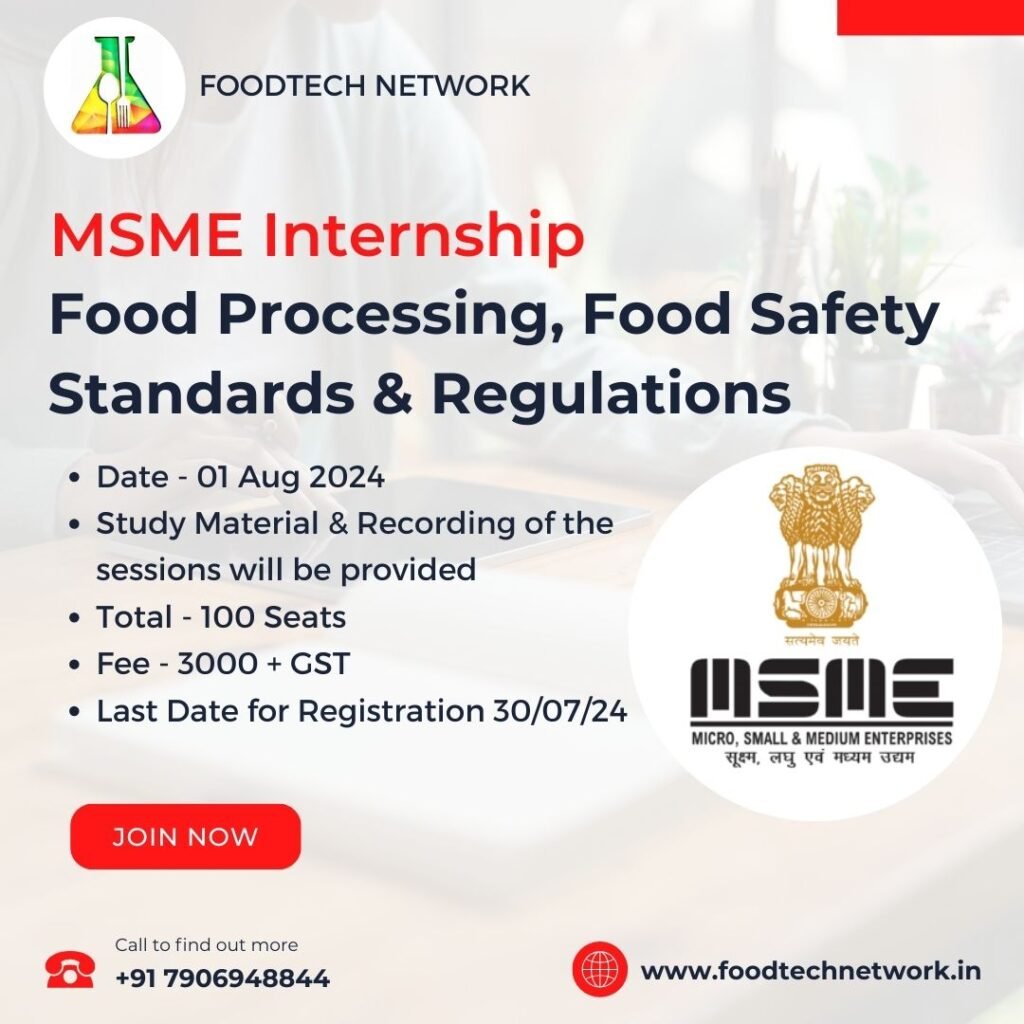Teflon flu, also known as polymer fume fever, is a temporary flu-like condition that can occur when fumes from overheated Teflon-coated cookware are inhaled. These fumes are released when the non-stick coating, primarily made of polytetrafluoroethylene (PTFE), breaks down at high temperatures, typically above 200 degree C. Symptoms include headache, chills, fever, and nausea, often resembling the flu. While generally mild and self-limiting, repeated exposure to these fumes can pose health risks. To minimise risk, ensure proper kitchen ventilation during cooking, monitor the heat to prevent overheating, and replace cookware if the non-stick surface is peeling or heavily scratched to avoid potential health hazards.
The rise in polymer fume fever cases underscores the importance of using cookware responsibly and being aware of potential risks associated with nonstick coatings. In the past twenty years, according to a Washington Post report, poison centers across the United States have documented over 3,600 suspected cases of a condition known as “polymer fume fever.” This flu-like illness has been associated with the fumes released from certain nonstick coatings used in cookware.
Teflon flu cases Surge in Cases in 2023
Recent data reveals that 2023 witnessed an unprecedented surge in cases of polymer fume fever, with more than 250 patients hospitalized in the US for this little-known condition, Daily Mail reported. Symptoms of polymer fume fever include fever, body aches, and chills, which are common indicators of the illness. Researchers from America’s Poison Centers report that the number of cases in 2023 represents the highest incidence in decades, possibly reaching levels not seen since 2000.
Understanding Polymer Fume Fever or Teflon Flu
Polymer fume fever is a condition caused by inhaling toxic fumes from overheated polytetrafluoroethylene (PTFE), commonly known as Teflon. This illness typically results from the thermal degradation of fluorocarbons found in nonstick cookware. While occupational exposure due to poor ventilation or inadequate hand hygiene can also be a risk, household incidents are more prevalent.
Teflon Flu Symptoms
Symptoms of polymer fume fever usually develop within a few hours of exposure but can be delayed up to 24 hours. The condition is characterized by fever, malaise, shortness of breath, chest tightness, and a dry cough. Despite these symptoms, laboratory tests and chest radiographs often show normal results, though some cases may exhibit leukocytosis and pulmonary edema, according to US govt.
Most patients recover fully within a few days, with death and permanent disability being extremely rare. The condition’s underdiagnosis often stems from its symptom similarity to other common illnesses, making accurate identification challenging.
Recent Guidelines from the ICMR-National Institute of Nutrition, India
In response to health concerns related to various cookware, the ICMR-National Institute of Nutrition (NIN) has recently updated its “Dietary Guidelines for Indians.” This revision incorporates new scientific findings, changing lifestyles, and evolving food habits.
A key recommendation from the NIN is the promotion of earthen cookware as the safest option for cooking. Earthen pots are considered eco-friendly, require less oil for food preparation, and help preserve the nutritional value of food. The guidelines also address the safety of using different types of cookware:
Non-Stick Pans: Risk increases if the pan’s temperature exceeds 170°C. It is crucial to discard non-stick cookware if the coating is worn or damaged to prevent exposure to toxic fumes.
🔊 Be Aware, We never charge any consultancy fee for jobs.
📲 Foodtech Network WhatsApp Jobs Group
🔗 WhatsApp Groups
📈 Food Entrepreneurs & Startups (Our services)
🔗 https://bit.ly/3JDyPIN
























